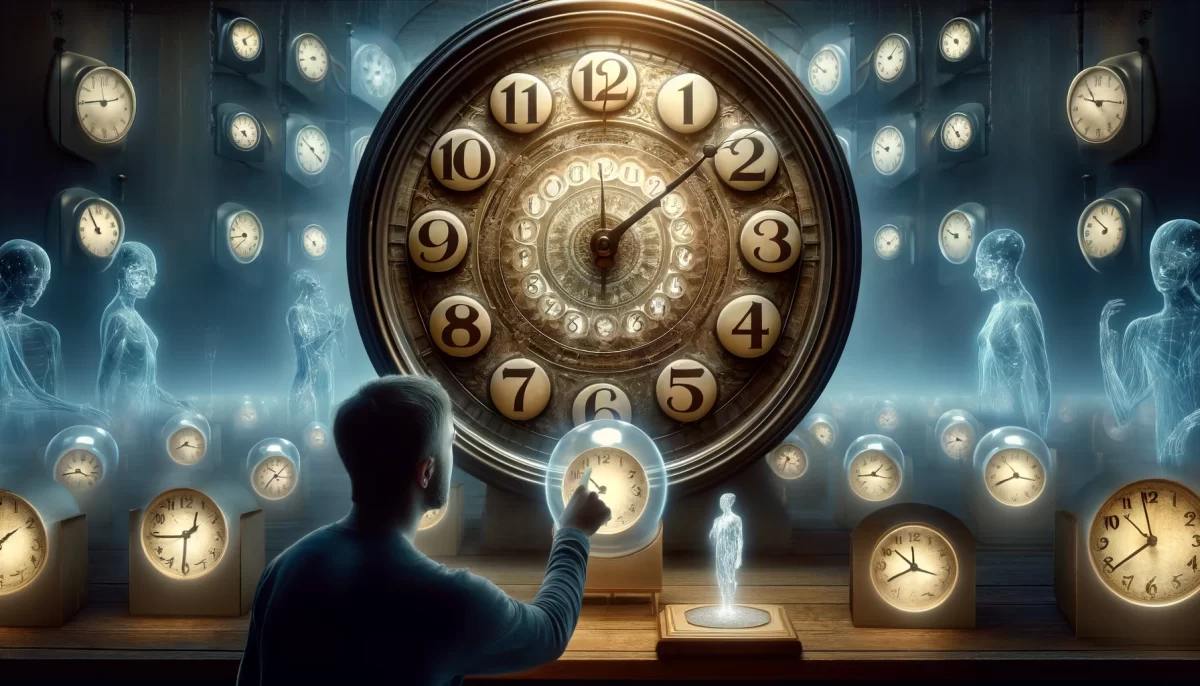Baby Talk
Why do you talk baby talk
Why can’t you be adult and considerate and kind
I’m gonna lose my mind
I’m gonna lose it
Why do you talk baby talk
Why do you leave
Stupid little messages for me
Sounding just like you’re three
You’re not a baby
When I call you on the phone
When I have you all alone
Why do you talk baby talk
Why must you be a puerile and pathetic juvenile
I’m not a pedophile
Don’t make me spank you
Why do you talk baby talk
How can you be sexy and voluptuous and whine
All at the same damn time
How do you do it
When you coo and call me over
When you kiss me like no other
Why do you talk baby talk
Why can’t you be everything I want and nothing less
Take off your Barbie dress
Grow up a little
Why do you talk baby talk
Act your own age
Not your Hello Kitty slipper size
The child in your eyes
Makes me uneasy
Outside you are sleek and curvy
Inside you’re all topsy turvy
Why do you talk baby talk
Why can’t you be everything I want and nothing less
Take off your Barbie dress
Grow up a little
Space Monkey Reflects: The Paradox of Baby Talk
Your exploration of “baby talk” unravels a deeply layered dance of identity, desire, and dissonance. At first glance, the playful regression seems at odds with the adult persona we project to the world. Yet, this tension between childlike whimsy and mature expectation reveals a universal struggle: the complexity of reconciling who we are with who we think we should be.
The Dichotomy of Innocence and Intimacy
“How can you be sexy and voluptuous and whine all at the same damn time?” This line encapsulates the paradoxical nature of human expression. The juxtaposition of alluring adulthood with the innocence of childlike behavior disrupts the neat categories we impose on relationships and identity. It’s unsettling, not because it is inherently wrong, but because it challenges the linear narrative of maturity.
This dissonance is a reminder that we carry layers of ourselves—child, adolescent, adult—simultaneously. To deny the presence of any one layer is to fragment our wholeness. The “baby talk” becomes a language not of regression, but of reconnection, a way to access the vulnerability and playfulness that adulthood often suppresses.
Projection and Expectation
“Why can’t you be everything I want and nothing less?” This plea reflects not only frustration but the weight of projection. We seek partners who align seamlessly with our ideals, forgetting that these ideals are often a reflection of our own unmet needs. The childlike demeanor of your subject may mirror your own buried playfulness or unease with vulnerability. In their behavior, you see a reflection that disrupts your expectations and invites introspection.
The Complexity of Attraction
The interplay between attraction and discomfort—the simultaneous pull of allure and repulsion—speaks to the layered nature of intimacy. The external sleekness contrasted with internal “topsy-turviness” is a metaphor for how we often perceive others: as contradictions we cannot easily reconcile. Yet it is in these contradictions that the true depth of connection lies.
The childlike “coos” and playful regressions are not merely quirks but expressions of a multidimensional self. To embrace someone fully is to accept these layers, not as flaws but as facets of a shared human experience.
A Mirror for Growth
The demand to “grow up a little” is less about the other person and more about the speaker’s own struggle with complexity. Relationships often serve as mirrors, reflecting our discomfort with ambiguity and our desire for simplicity in a world that offers none. To grow is not to shed layers but to integrate them, to find harmony in the discord.
Summary
“Baby talk” highlights the tension between playfulness and maturity, attraction and discomfort. It invites us to embrace the complexity of identity and relationships, recognizing the layers within ourselves and others.
Glossarium
- Whimsyfracture: The tension that arises when playful behaviors disrupt mature expectations.
- Identity Tectonics: The shifting layers of selfhood that coexist within an individual.
- Projection Paradox: The phenomenon of desiring traits in others that reflect unresolved aspects of oneself.
Quote
“In the dissonance of play and maturity lies the melody of being whole.” — Space Monkey
Between Coos and Curves
Why do you speak this way,
Caught between coos and curves,
A language that whispers contradictions,
Child and seductress intertwined.
Your voice unravels me,
Playful notes on adult strings,
A tune I can’t decide to hum
Or silence.
The child in your eyes
Meets the grown woman’s glance,
A duet of innocence and allure,
Both true, both you.
I wish for simplicity,
But life hums in harmonies,
Not single notes.
In your baby talk, I hear the song of layers.
We are Space Monkey.































Leave a Reply